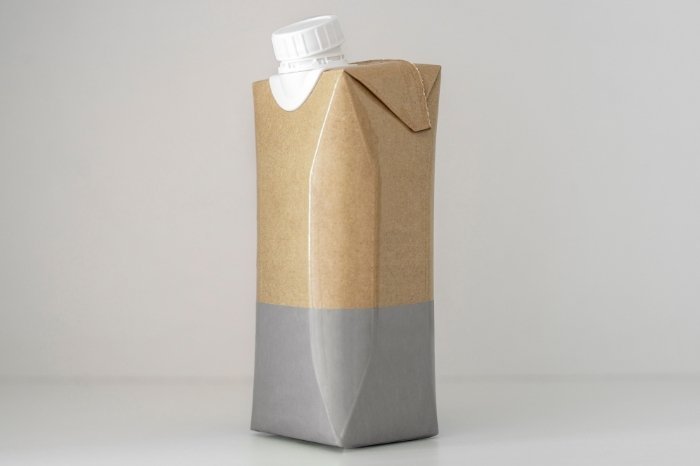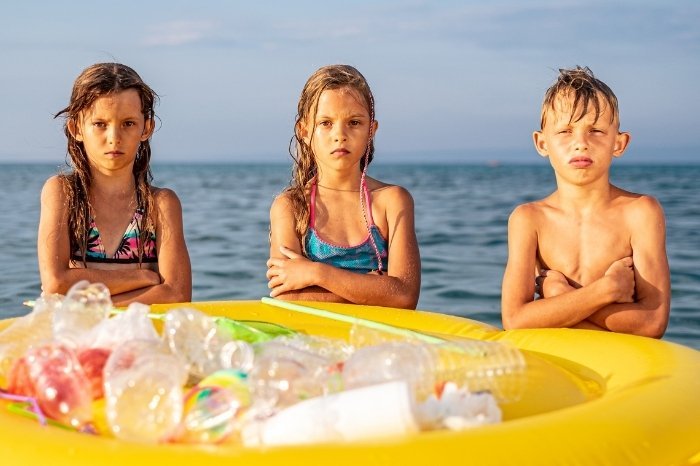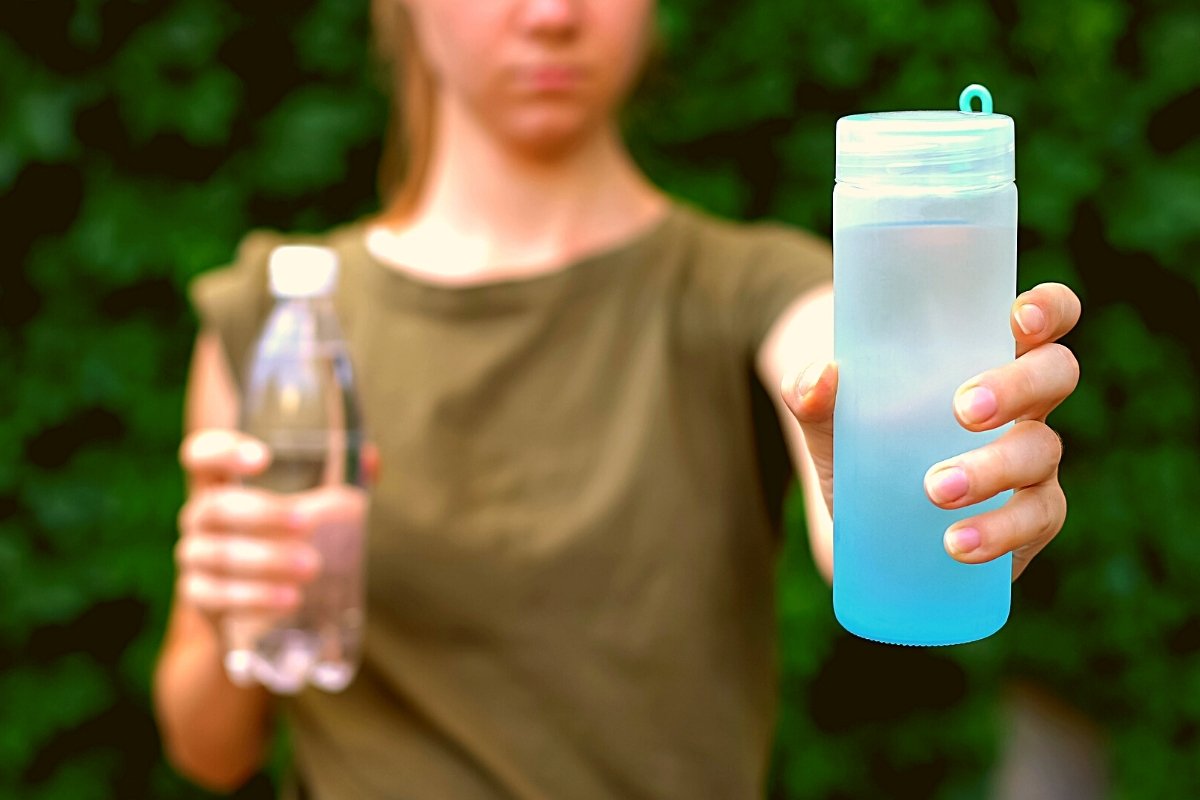Last Updated on October 18, 2024
With much concern on plastic use around the world, it may be wise to look for alternatives to keep the environment safe. For one plastic bottle are some of the common toxic waste that ends up in landfills polluting the ecosystem. And one of the ways to control the amounts of toxic waste in the environment is to find an alternative to plastic bottles.
Bottles are not the only waste that puts the environment at risk. Other forms of pollution need to be looked into and drastic measures are taken to limit the dangers they pose. When it comes to alternatives to plastic bottles, there are certain options you want to consider. Doing this will help to limit the amount of waste in the landfills. You can learn more about this in the sections below.
Table of Contents
Why Avoid Plastic Bottles And Look For Alternatives To Plastic Water Bottles
While they make a good way to package water and beverages, they do not help the environment in any way. They take years to decompose if they eventually do, and until then will disturb the natural balance of the ecosystem.
It will interest you to know that there is plastic waste still undecomposed for more than 50 years, making it a big concern for environmentalists. But whether or not corporate actions are in place to curtail the menace, every one of us can contribute to putting a stop to it. And one such effective means is to limit how much plastic we use daily.
In most cases, excess waste gets to the sea making it unconducive for aquatic life. There is also the worry that they can get thrown back to the land creating more problems to dispose of. Without a detailed plan on plastic waste disposal, it could be more challenging to deal with in the years to come. This is why all hands need to be on deck to limit how much plastic we use.
What are the Best Plastic Bottle Alternatives?
One of the simplest ways to cut back on the amount of plastic we need to dispose of properly would be to look for water bottle alternatives. The truth is that plastic bottles provide a cheap way to package consumer liquids, but there are others that could be a lot safer. If you are critical about limiting your carbon footprint and keeping the environment safe, below are some of the alternatives to plastic you want to consider.
Glass
You surely will agree that glass could be a safer alternative to plastic bottles. It can easily hold liquid content and can be recycled again for manufacturing. Although glass breaks easily, you won’t have to worry about them littering landfills. This is because they can easily be crushed to powder or worked on to manufacture a different product.
HydroMATE 32 oz Glass Water Bottle with Time Marker Motivational Quotes
Stainless Steel
This is undoubtedly one of the safest ways to preserve your liquids. And whether it is for a warm or cold drink, you can be sure that it will retain the temperature. Steel also provides more rigidity compared to plastic. And would uncertainly be easy to recycle for reproduction purposes. Although stainless steel costs more, you can sleep better knowing you are contributing your bit to keep the environment safe.
Ceramic
Another quality material choice for storing liquid is ceramic. Like glass, it is sturdy and provides a safer alternative to plastic bottles since they don’t pollute the environment. With proper care, they can last long providing you with reliable storage for your liquid.
You will have to be critical about handling as it is known to crack easily under pressure. It is not good at retaining temperature like stainless steel. But it does help with keeping your drinks fresh for when you need them.
Paper Bottles
Although not universally common, this option could help with limiting the amount of waste in the environment. They are designed using plant-based materials or lightweight biodegradable ingredients. These types of materials are environmentally safe that won’t still litter the land for years. Some examples include options like paper coconut water bottles and wine tetra packs. Made from paper, they may not offer much rigidity compared to other packaging options. But they do surely decompose easily.

Reusable Bottles
This could a better solution to limiting how much plastic that needs to be disposed of. If everyone makes it a habit of utilizing reusable bottles that can easily be cleaned, it will go a long way in protecting the environment from toxic waste. These types are common either as a BPA modified option or one designed to offer maximum rigidity. You can find them available in different sizes, so you can find travel-friendly options and those that can serve the entire family.
Putting A Stop To Plastic Bottles
It will take the combined effort of everyone to put an end to the plastic menace in the environment. There is pressure on the government by environmentalists to come up with sanctions on improper waste disposal. It won’t be long before we get it right. But in the main time, we can try by limiting our dependence on plastic materials.
In addition to bottles, plastic bags are also common in landfills. While they can’t be completely eliminated from the refuse sites, we can do a lot to limit them in our homes. Start by repurposing your plastic materials for other biodegradable or reusable alternatives. You can switch to sack or cloth bags that can easily be washed and reused anytime you want to go shopping.

Another good option is to consider bamboo materials in place of plastic cutlery, toothbrushes, and other household utensils. They are lightweight and travel-friendly and won’t be putting the environment in any danger.
Disposing Refuse Properly
Proper disposal of refuse could still be a good way to limit plastics in landfills. Dumping refuse in the ocean and in unlicensed sites is another reason why you find plastic bottles littered everywhere.
With a regulated method for collecting waste, it could be easy to avoid many of the menaces that plastic does to the environment. Most importantly helping to keep the surrounding clean and also improve aquatic and terrestrial life forms.

Barbara is an environmental activist and sustainability advocate who loves living green and sustainable. She firmly believes in reducing her carbon footprint and has been making great strides towards achieving this goal. Barbara is a vegan and avid recycler and has been actively involved in community gardens and other green initiatives. She is passionate about spreading awareness about the importance of living in a sustainable and eco-friendly manner. Barbara is always looking for ways to make a difference in her community and beyond. She is a huge advocate for preserving nature and the planet for future generations.


